
The 16th Day of June, every year, is observed as the African Union Day of the African Child.
The African Union Day of the African Child was instituted in 1976 after a group of children were shot dead for asserting their rights to education and other privileges.
This year's event highlights the need for Accelerating Protection, Empowerment and Equal Opportunity for Children in Africa under the 2030 Agenda for Sustainable Development for Children in Africa.
Addressing a news conference in Accra, on Tuesday, the Minister for Information, Mr. Mustapha Abdul-Hamid, reiterated government's commitment to ensuring that children were protected and were able to grow comfortably.
Mr. Abdul-Hamid said the School Feeding Programme, capitation grant and free education, among others, were some of the initiatives government was embarking on.
In her remarks, the Deputy Minister, Ministry of Gender, Children and Social Protection (MGCSP), Madam Gifty Twum-Boafo, said Ghana had strengthened the child protection arena with the formulation of two policies, namely the Child and Family Welfare policy and the Justice for children policy.
Madam Twum-Boafo said the protection of children from all forms of violence had been integrated into all the 17 Sustainable Developing Goals (SDGs), ranging from gender equality to protection from economic exploitation.
She disclosed that the MGCSP was working in collaboration with the Ministry of Education and the Ministry of Foreign Affairs to help tackle the issue of loitering children on the streets.
She expressed the hope that the registration of all Ghanaians on the National Identification Authority would ensure that children found loitering on the street would be easily identified by their thumb and right measures taken.
On her part, Ms Emelia Allan, Child Protection Specialist, United Nations Children's Education Fund (UNICEF), noted that to achieve the task of attaining the targets set in the SDGs and development at all levels, a key segment of the population--children--should be protected from violence, abuse and exploitation, empowered to take actions that would enable them achieve their dreams and equal opportunity regardless of their race, location, sex, ethnicity and religion.
Source: ISD (Chantal Aidoo & Aliyah Bayali)
Read Full Story
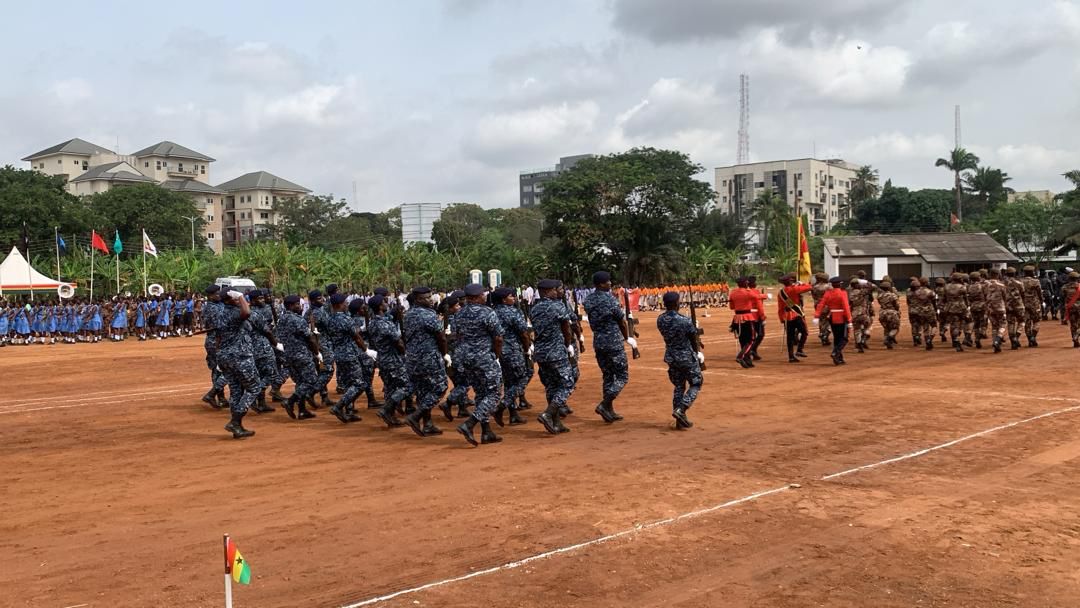
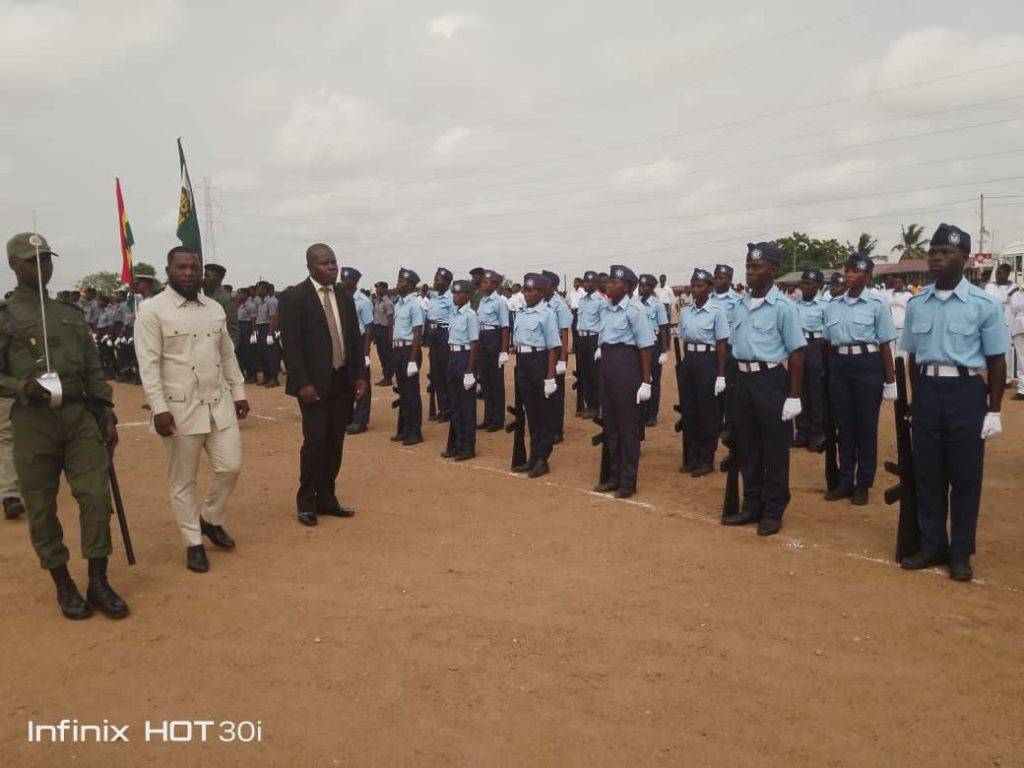
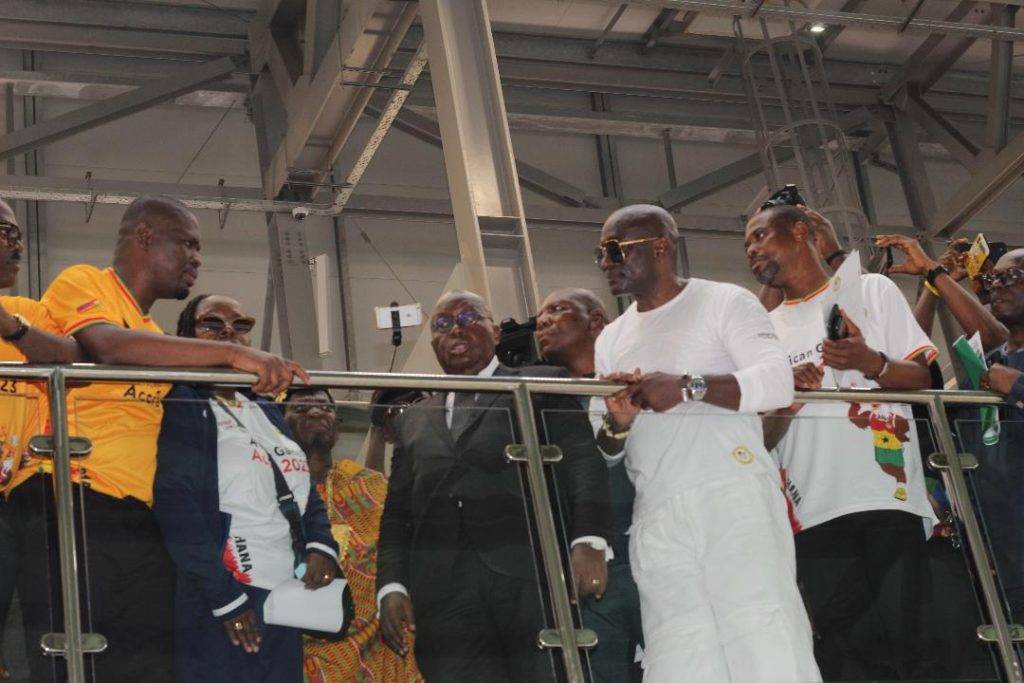
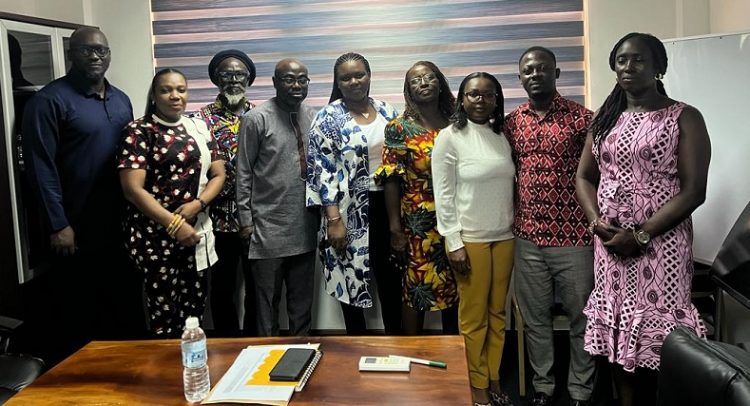
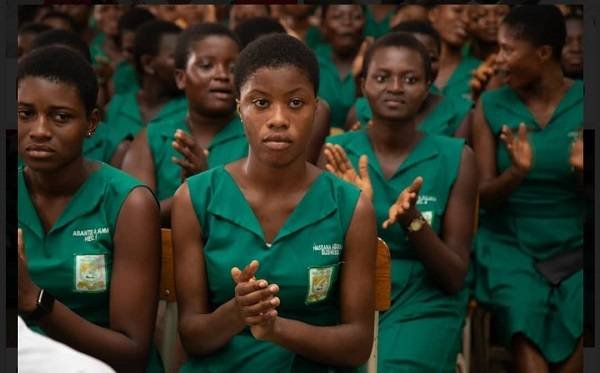












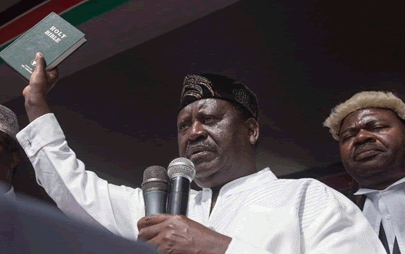





Facebook
Twitter
Pinterest
Instagram
Google+
YouTube
LinkedIn
RSS